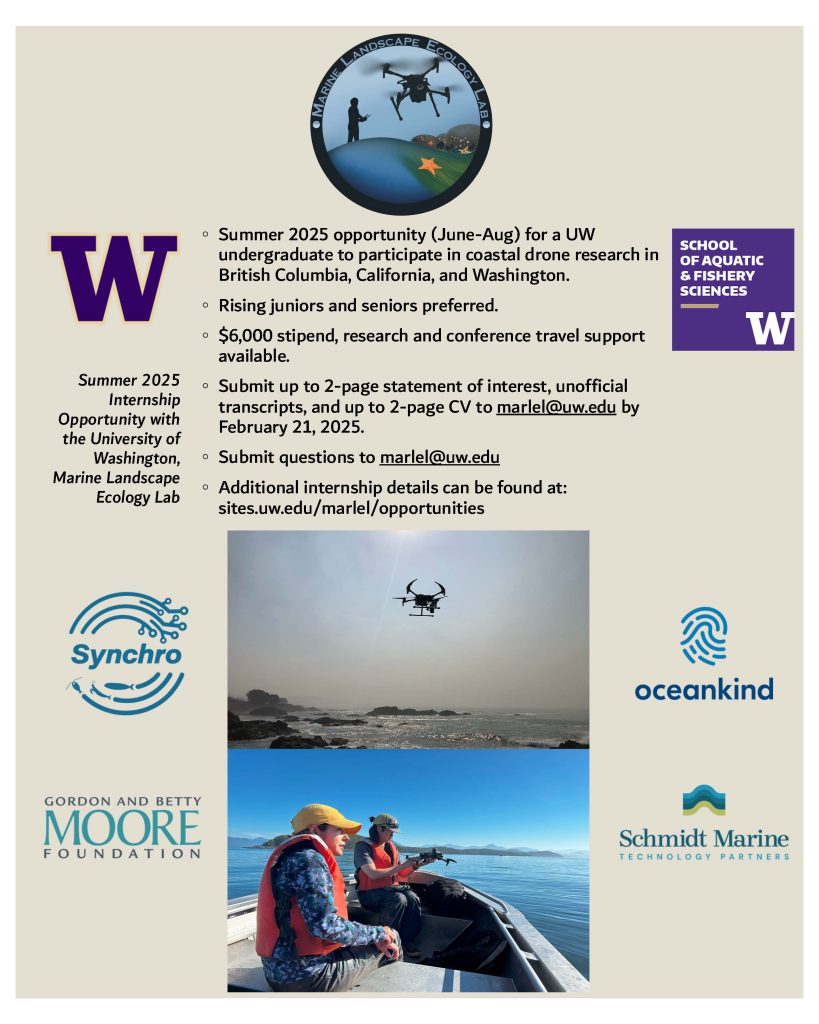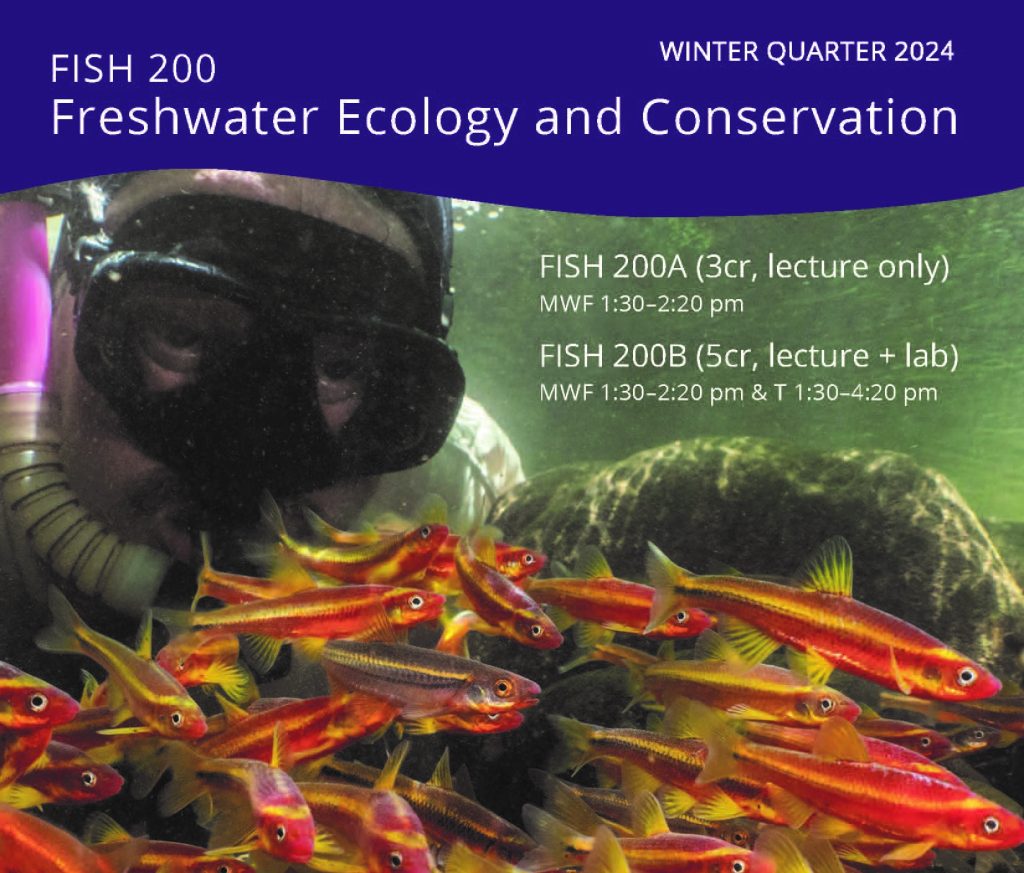NOAA Ocean Exploration is excited to announce that the application for the 2025 Explorer-in-Training program is now open! Please forward this opportunity to anyone you feel would benefit.
This year, the Explorer-in-Training program will feature two paid internship options: (a) 10-week, summertime opportunities and (b) 2-4 week expedition-based opportunities. The 10-week internships provide students an opportunity to develop their skills and knowledge through long-term projects supported by mentors in NOAA Ocean Exploration and partner organizations. The 2-4 week expedition-based internships involve participation in NOAA Ocean Exploration-supported expeditions aboard NOAA Ship Okeanos Explorer supporting seafloor mapping operations, giving participants the chance to contribute to mission efforts while gaining tangible skills that can benefit their future pursuits. Internship themes available in 2025 are listed below, and additional details may be found on the Explorer-in-Training webpage. Applicants may only apply for one internship theme per year.
Internship Themes
- Midwater ROV Annotations (10-week summer internship)
- Emerging Technologies/eDNA (10-week summer internship)
- Maritime Heritage Communications (10-week summer internship)
- Science and Native Hawaiian Cultural Communications (10-week summer internship)
- Ocean Mapping (2-4 week expedition-based internship)
Eligibility
- U.S. citizenship
- Must be at least 18 years of age by internship or expedition start date
- Students (undergraduate or graduate) who are currently enrolled in or recently graduated (within one year of graduation date) from an accredited academic institution
- Degree, major, or intent to major in a field relevant to NOAA Ocean Exploration’s mission, including but not limited to: STEM (science, technology, engineering and math) fields, social sciences, communications, education, business operations/administration, and ocean policy/management
- Willingness to learn and follow office policies and/or shipboard standard operating procedures
- Clearance of a Special Agreement Check (SAC) upon acceptance into the program
- Valid U.S. Passport (2-4 week, expedition-based ocean mapping internship only)
How to Apply
- Submit online application form on the Explorer-in-Training webpage, including the following:
- Current resume or curriculum vitae (maximum 2 pages). If you have never created a resume or CV before, see resources and guidance from the Purdue Online Writing Lab.
- Required short answer response to each of the following prompts:
-
- Tell us where you are in your academic/professional path, and how ocean exploration fits with your long-term career and educational goals. (Maximum 250 words)
- The Explorer-in-Training program is intended to be an experiential learning opportunity. For the internship theme you are applying for, what specifically interests you in the opportunity and what skills and/or experiences are you hoping to gain? (Maximum 250 words)
- Describe a situation when you had to overcome a challenge or step outside of your comfort zone. How did you get through it and what did you learn? (Maximum 250 words)
- NOAA Ocean Exploration is committed to advancing diversity, equity, inclusion, and accessibility. Tell us about your journey and how you would like to contribute to NOAA Ocean Exploration’s goal of creating a more diverse global pool of talent engaged in deep ocean exploration. (Maximum 500 words)
- The following question is required for applicants to the 10-week Science and Native Hawaiian Cultural Communications internship only: Explain how you hope that your passion for and familiarity with Native Hawaiian culture, knowledge, and language will connect to local and indigenous communities through this role. (Maximum 250 words)
- Contact information for at least one professional reference (professor, advisor, work supervisor, mentor, etc.). References should be able to speak to your character and your professional and/or academic background.
Application Deadlines
Applications for the 10-week summer internship opportunities will be accepted until January 31, 2025. Applications for the 2-4 week expedition-based ocean mapping internship will be accepted on a rolling basis, with a priority deadline of January 31, 2025. After this priority deadline, applications will still be accepted until all slots are filled for the 2025 field season.
Informational Webinar
NOAA Ocean Exploration will hold a 60-minute virtual webinar for interested applicants on January 9, 2025 from 4:00-5:00 PM Eastern Standard Time (EST). The session will provide an overview of the Explorer-in-Training program, including available internship themes for 2025, eligibility and application requirements, important dates, and available resources. Register here to attend.
Please visit the Explorer-in-Training webpage or see the attached flyer for more details. For questions and additional information, or if you experience technical difficulties, please contact NOAA Ocean Exploration Internship Program Coordinator at oer.internships@noaa.gov. The Explorer-in-Training program is administered in partnership with the Cooperative Program for the Advancement of Earth System Science (CPAESS), a community program of the University Corporation for Atmospheric Research (UCAR).

